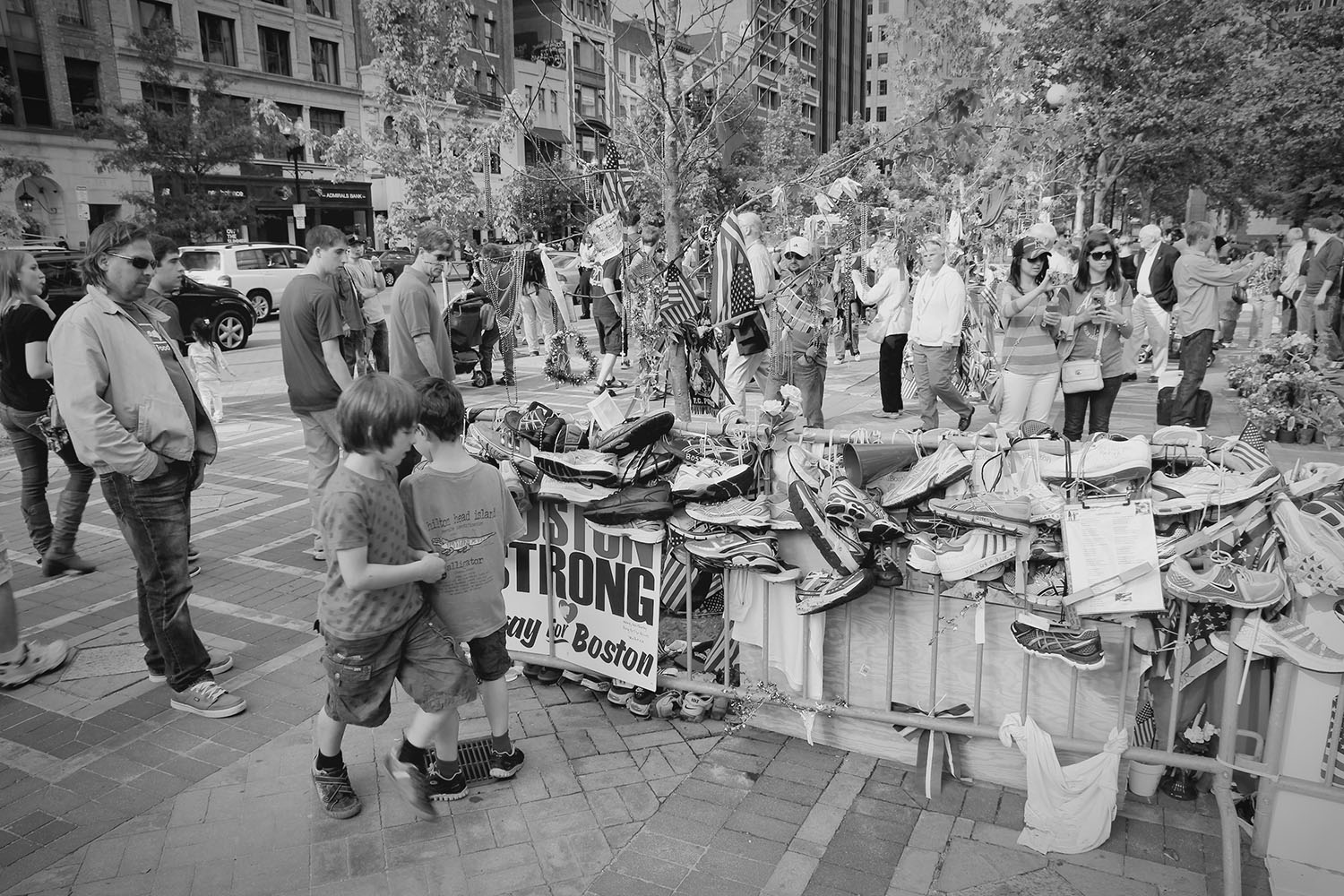Incident Type
Terrorist Attack
Location
Boston, Massachusetts
Media Report Details
Deaths: 3
Injured: more than 260
Cost of Damages: as much as $333 million in damage to the local economy lost wages, retail sales and infrastructure damage according to estimates.
What happened?
On April 15, 2013, a pair of homemade bombs detonated in the crowd of the Boston Marathon, a short distance from the finish lane along Boylston Street. The bombs killed three spectators and wounded over 260 others, some who were forced to have leg amputations. More than 5,600 runners were still in the race at the time the bombs went off, at approximately 2:49 in the afternoon.
Following an intensive search for the suspects around the Boston area, the first bombing suspect, Dzokhar Tsarnaev, was captured. His older brother, Tamerlan Tsarnaev, who was also behind the attack, died after a shootout with law enforcement the same day. The two brothers were not working in collaboration with or connected to any terrorist organizations.
Who did R3 support?
R3 supported hundreds of companies and businesses whose employees were immediately impacted by the bombings. Many organizations had employees that were running, not to mention volunteers and spectators who had been at the race.
Many people who were not directly present at the bombings were also impacted by them. R3 directly supported the stores along Boylston Street, whose employees had to come back to work where the horrific event took place.
Why was R3 called in?
After the bombings, R3 was called in to meet with these impacted businesses and companies who wanted to provide their organizations with necessary behavioral health support tailored to address the particular impact of disruption that follows after a terrorist attack like the Boston Marathon.
What was the impact of R3’s support?
As a result of R3’s support, the hundreds of organizations whose employees were affected by the bombings were able to help their people in the aftermath of the terrorist attack and effectively support their resilience, recovery, and wellbeing. Given the immense amount of community and nationwide involvement within this marathon, the ripple effect of the disruption the bombings caused was widespread and felt deeply—not just in the Boston community, but throughout the country.
R3’s support also allowed leaders to send a message of hope and perseverance to their organizations: something that was desperately needed after such a devastating attack.

